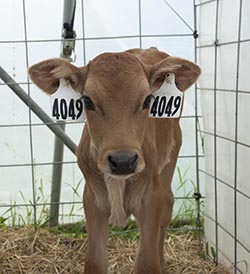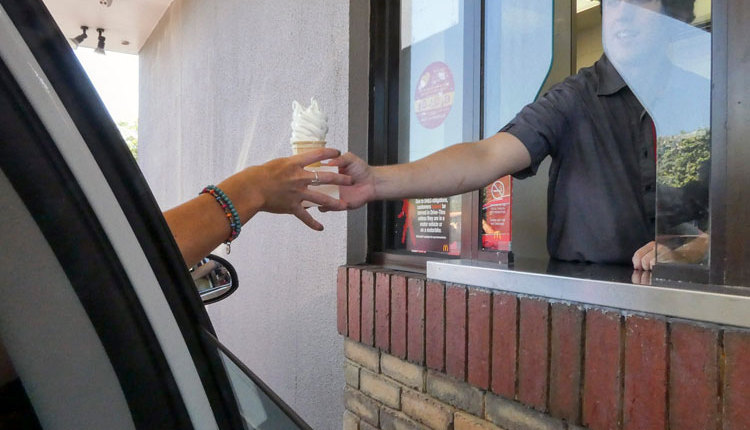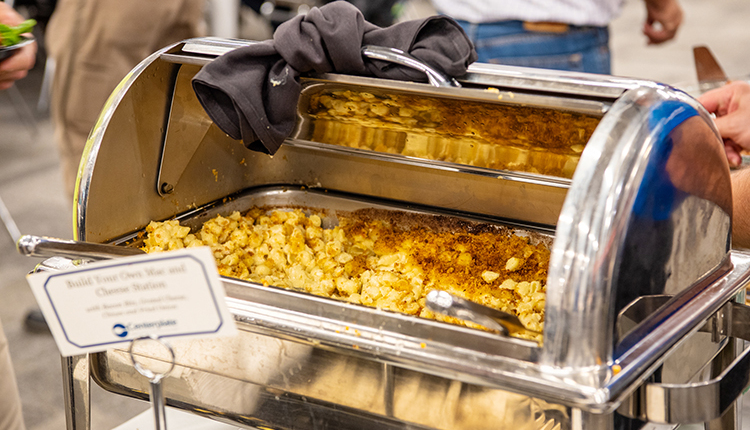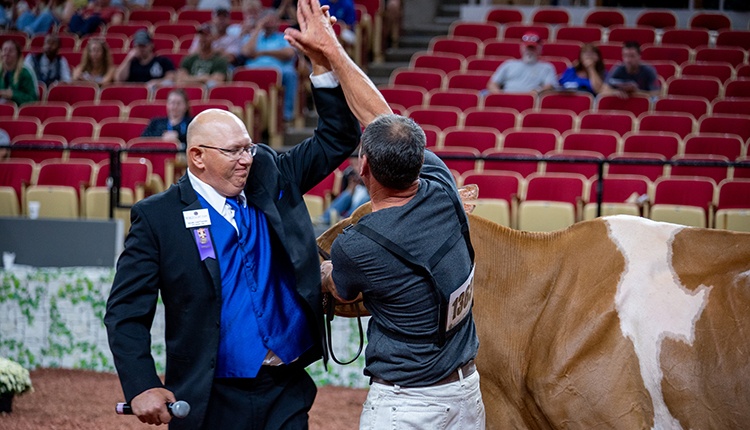 Dehorning causes some amount of pain, which we recognize based on behavioral changes, such as head shaking, ear flicking and vocalization, as well as physiological changes like elevated heart rate and plasma cortisol concentrations. What is harder to identify is how pain affects calves emotionally.
Dehorning causes some amount of pain, which we recognize based on behavioral changes, such as head shaking, ear flicking and vocalization, as well as physiological changes like elevated heart rate and plasma cortisol concentrations. What is harder to identify is how pain affects calves emotionally. People who are depressed or anxious are more likely to interpret ambiguous stimuli more negatively, while people in a positive mood tend to have more optimistic reactions. Heather Neave, a recent master's graduate of the University of British Columbia, and other researchers there hypothesized that animals would exhibit similar differences in judgment bias after a stressful event.
To address this theory, Neave conducted a study with Holstein bull calves. Calves were trained to approach a computer screen when a certain color appeared. A milk feeding was their reward. Punishment for touching the wrong screen was noise and a one-minute time out where milk was not provided.
Half the calves were trained to touch the screen when it was red and avoid it when it was white. The other half were trained to the do the opposite. The calves quickly learned when to touch the screen and be fed. They were then introduced to three shades of pink screens that could be interpreted positively or negatively. These pink screens offered no reward or punishment when touched.
The calves' reactions to the screens were recorded before and after dehorning at 30 days of age. The dehorning was done with a hot iron, and calves were administered a sedative and local anesthetic beforehand. A pain reliever was not given after the procedure in order to conduct the experiment.
After dehorning, calves showed no change in their reaction to the red and white screens; however, they approached the pink screens less frequently. The researchers felt this suggested the calves were in a pessimistic state of mind, assuming they would not be rewarded with milk and therefore didn't even try to approach the pink screens.
Calves' judgment biases were measured 6 hours and 22 hours after dehorning. Calves' reactions were similar at both times, implying that the affects of dehorning on their emotional state persisted for at least 22 hours. Therefore, administering a pain reliever after dehorning may not only alleviate discomfort but could also improve an animal's attitude after a painful procedure.

The author is an associate editor and covers animal health, dairy housing and equipment, and nutrient management. She grew up on a dairy farm near Plymouth, Wis., and previously served as a University of Wisconsin agricultural extension agent. She received a master's degree from North Carolina State University and a bachelor's from University of Wisconsin-Madison.








